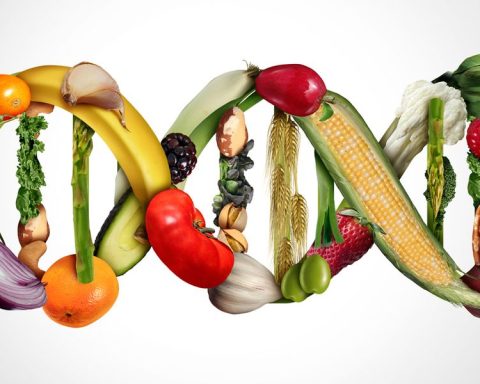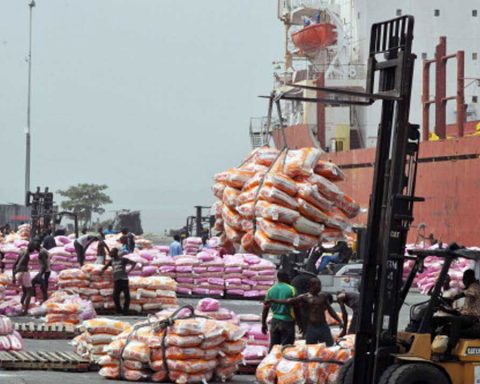Development economist, Professor Ken Ife, has expressed concern about poor contribution of agriculture to Nigeria’s economy.
Professor Ife said it is quite disturbing that the agricultural sector is recording poor output in a country with an annual population growth rate that ranges from 2.8 to 3 per cent and increasing urbanisation.
Join our WhatsApp ChannelHe stated this in an interview on Arise News on Wednesday, while reacting to the rebased Gross Domestic Product (GDP) report released on Monday.
GDP measures the value of all goods and services produced within an economic territory or country in a specific period, usually a year. It is a widely used indicator of a country’s economic performance.
The latest GDP report revealed that Nigeria’s economy expanded by 3.13 per cent year-on-year in the first quarter of 2025.
The agriculture sector saw a marginal increase of 0.07 percent in real terms. This growth, while positive, is still relatively subdued and represents a recovery from the -1.79 per cent contraction experienced in the first quarter of 2024.
“What I found very disturbing is the performance of our agriculture. I cannot believe that we would have a complete meltdown in agricultural growth rate to 0.07 per cent,” Ife stated.
READ ALSO: The Paradox Of Nigeria’s GDP Growth And Deepening Poverty
The development economist and pubic policy analyst emphasised the need for the country to take the issue of food security and nutrition seriously.
Prime Business Africa reports that the growth of the GDP in the Q1 2025 was driven mainly by the Services sector, which recorded a growth of 4.33 per cent and contributed 57.50 per cent to the aggregate GDP.
The agricultural sector contributed 23.33 per cent to aggregate GDP in real terms in Q1, lower than 28.68 per cent in the preceding quarter and 24.04 per cent in Q1 2024.
Nigeria’s agricultural sector presents a paradox – while it remains the largest employer of labor and a significant contributor to GDP, its performance and contribution fall short of its potential given the country’s vast arable land and favorable agro-ecological conditions.
READ ALSO: Services, Industry Sectors Drive Nigeria’s Economic Growth As GDP Rises By 3.13% In Q1 2025
The sector comprises four main sub-sectors: crop production (which accounts for about 90 per cent of agricultural GDP), livestock, forestry, and fishing.
Key Challenges Limiting Agriculture’s Contribution
Experts have identified several interrelated factors that constrain agriculture’s potential contribution to Nigeria’s economy. These include low adoption of mechanised farming (most farming is done at subsistence level with simple tools) and modern technologies and research findings for improvement of output; infrastructure challenges (inadequate storage facilities, leading to significant post-harvest losses, poor access to markets, high transportation costs, etc.); insecurity and climate challenges, among others.
Professor Ife called for deliberate efforts to boost mechanised farming in the country and also fix infrastructure to curb post-harvest losses and improve productivity.
Victor Ezeja is a passionate journalist with seven years of experience writing on economy, politics and energy. He holds a Master's degree in Mass Communication.






